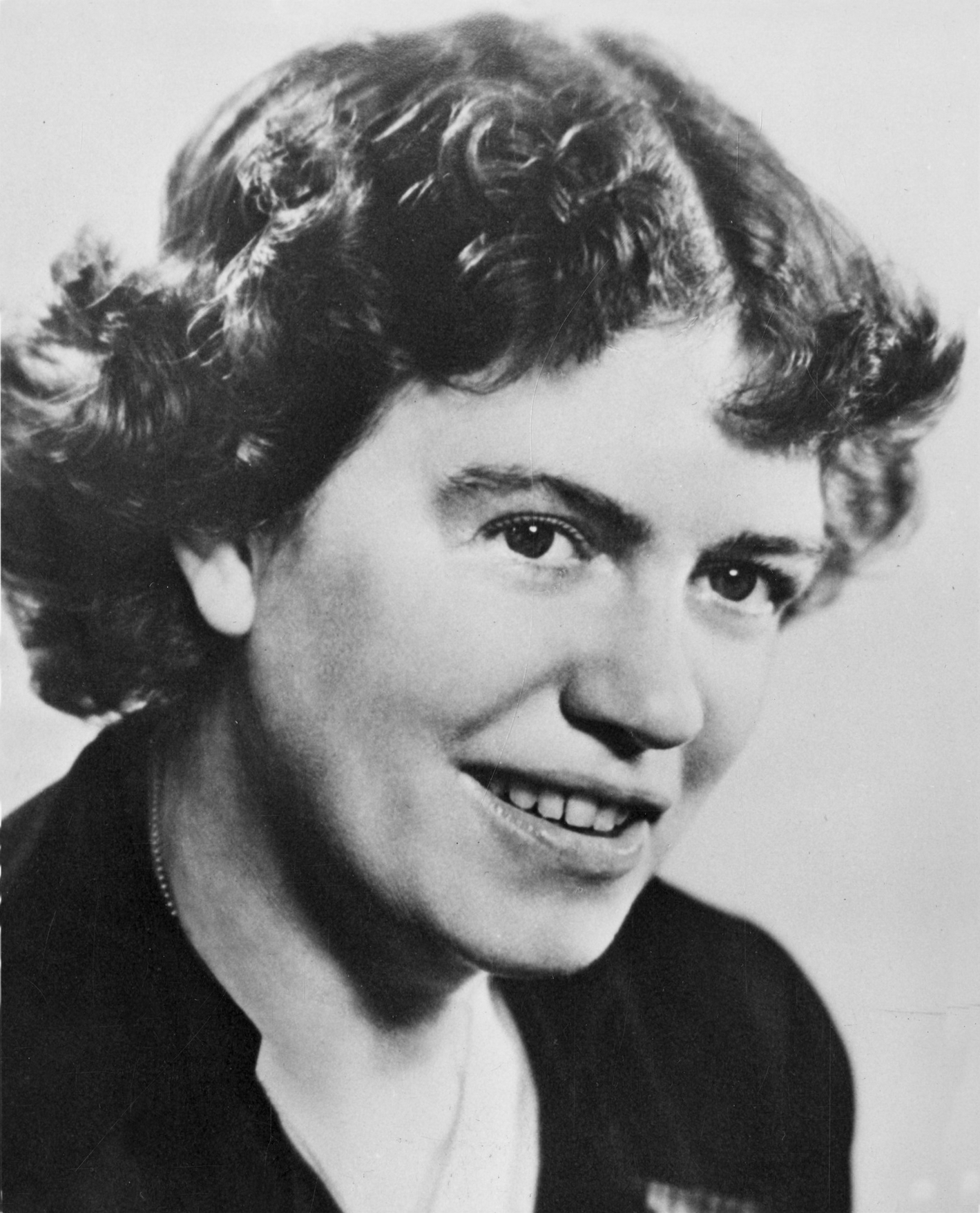Margaret Mead najznámejšie citáty
Margaret Mead: Citáty v angličtine
Zdroj: Kabir, Hajara Muhammad (2010). Northern women development. [Nigeria]. ISBN 978-978-906-469-4. OCLC 890820657 note: 1940s, Male and Female (1949)
Attributed in The Quotable Woman (1991) by the Running Press, p. 53
1990s
“Always remember that you are absolutely unique. Just like everyone else.”
Varianta: Always remember that you are absolutely unique. Just like everyone else.
Attributed in Talent Development for English Language Learners: Identifying and Developing Potential (2013) by Michael S. Matthews, Ph.D. SBN-13:9781618211057
2000s
Varianta: Never ever depend on governments or institutions to solve any major problems. All social change comes from the passion of individuals.
Zdroj: The World Ahead: An Anthropologist Anticipates the Future
Attributed in American Quotations (1992) by Gorton Carruth and Eugene H. Ehrlich, p. 149
1990s
As quoted in Teacher's Treasury of Stories for Every Occasion (1958) by Millard Dale Baughman, p. 69
1950s
Zdroj: 1970s, Margaret Mead: Some Personal Views (1979), p. 249
As reported in "Impeachment?" by Claire Safran, in Redbook (April 1974)
1970s
Zdroj: 1970s, Margaret Mead: Some Personal Views (1979), p. 252-253
Zdroj: 1960s, Continuities in Cultural Evolution (1964), p. 338
“Laughter is man's most distinctive emotional expression.”
Man shares the capacity for love and hate, anger and fear, loyalty and grief, with other living creatures. But humour, which has an intellectual as well as an emotional element belongs to man.
Zdroj: 1970s, Margaret Mead: Some Personal Views (1979), p. 121
“Women want mediocre men, and men are working hard to be as mediocre as possible.”
Quote magazine (15 June 1958)
1950s
Kontext: When human beings have been fascinated by the contemplation of their own hearts, the more intricate biological pattern of the female has become a model for the artist, the mystic, and the saint. When mankind turns instead to what can be done, altered, built, invented, in the outer world, all natural properties of men, animals, or metals become handicaps to be altered rather than clues to be followed. Women want mediocre men, and men are working hard to be as mediocre as possible.
“No matter how many communes anybody invents, the family always creeps back.”
"Future Families", in The American People in the Age of Kennedy (1973) edited by David M. Kennedy , p. 108
1970s
Kontext: No matter how many communes anybody invents, the family always creeps back. You can get rid of it if you live in an enclave and keep everybody else out, and bring the children up to be unfit to live anywhere else. They can go on ignoring the family for several generations. But such communities are not part of the main world.
Twentieth Century Faith : Hope and Survival (1972), p. 61
1970s
“Every time we liberate a woman, we liberate a man.”
Attributed in La Abogada newsletter, Vol. 3 (1967) by International Federation of Women Lawyers, p. 5
1960s
Attributed in Sisters by Birth Friends by Choice : All the Things I Love About You (2003) by Ellyn Sanna
2000s
Attributed in Banned Books Week '93: Celebrating the Freedom to Read (1993) by Robert P. Doyle, p. 62
1990s
Attributed in Psychology (1990) by Carole Wade and Carol Tavris, p. 372
1990s
